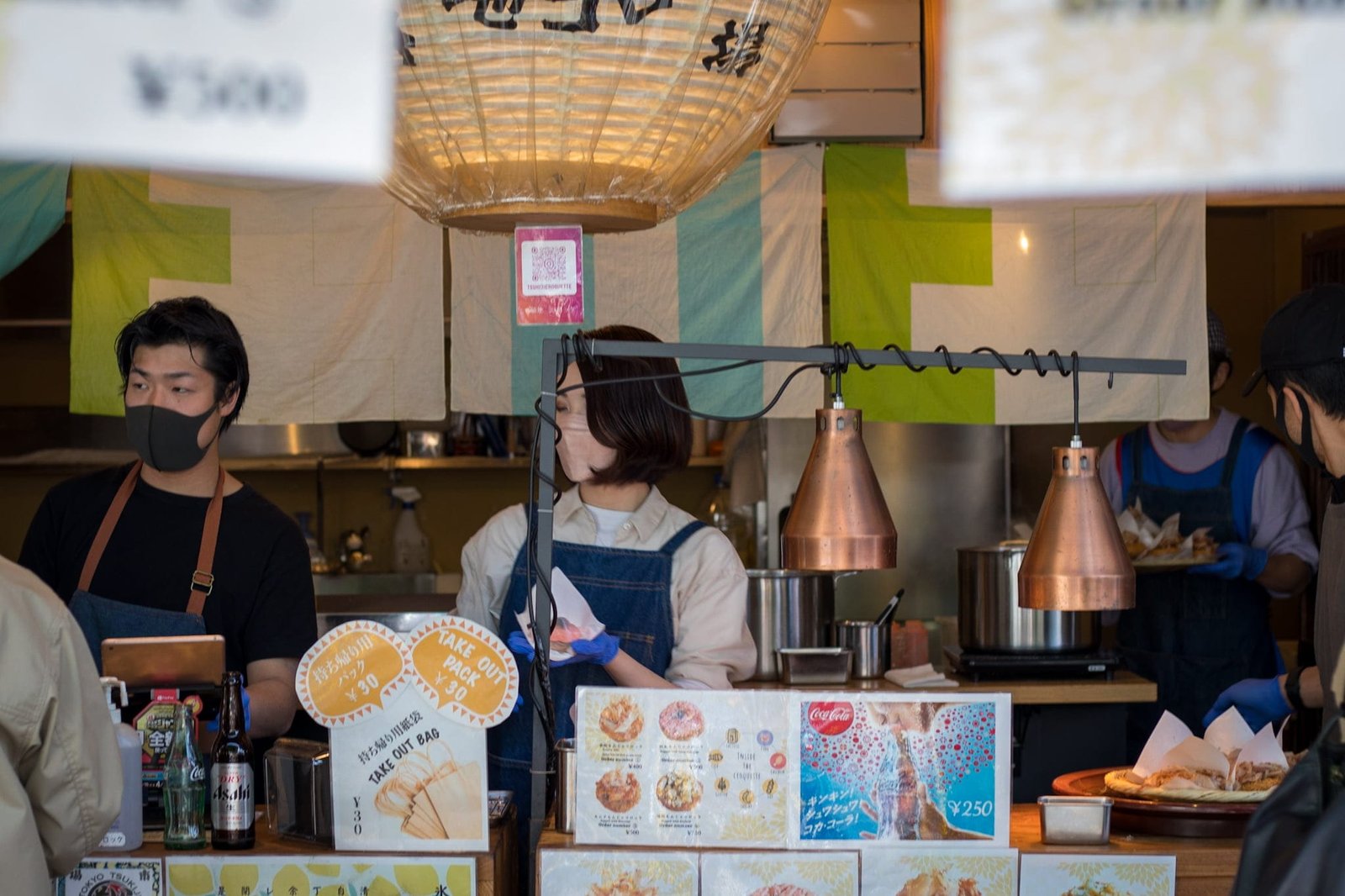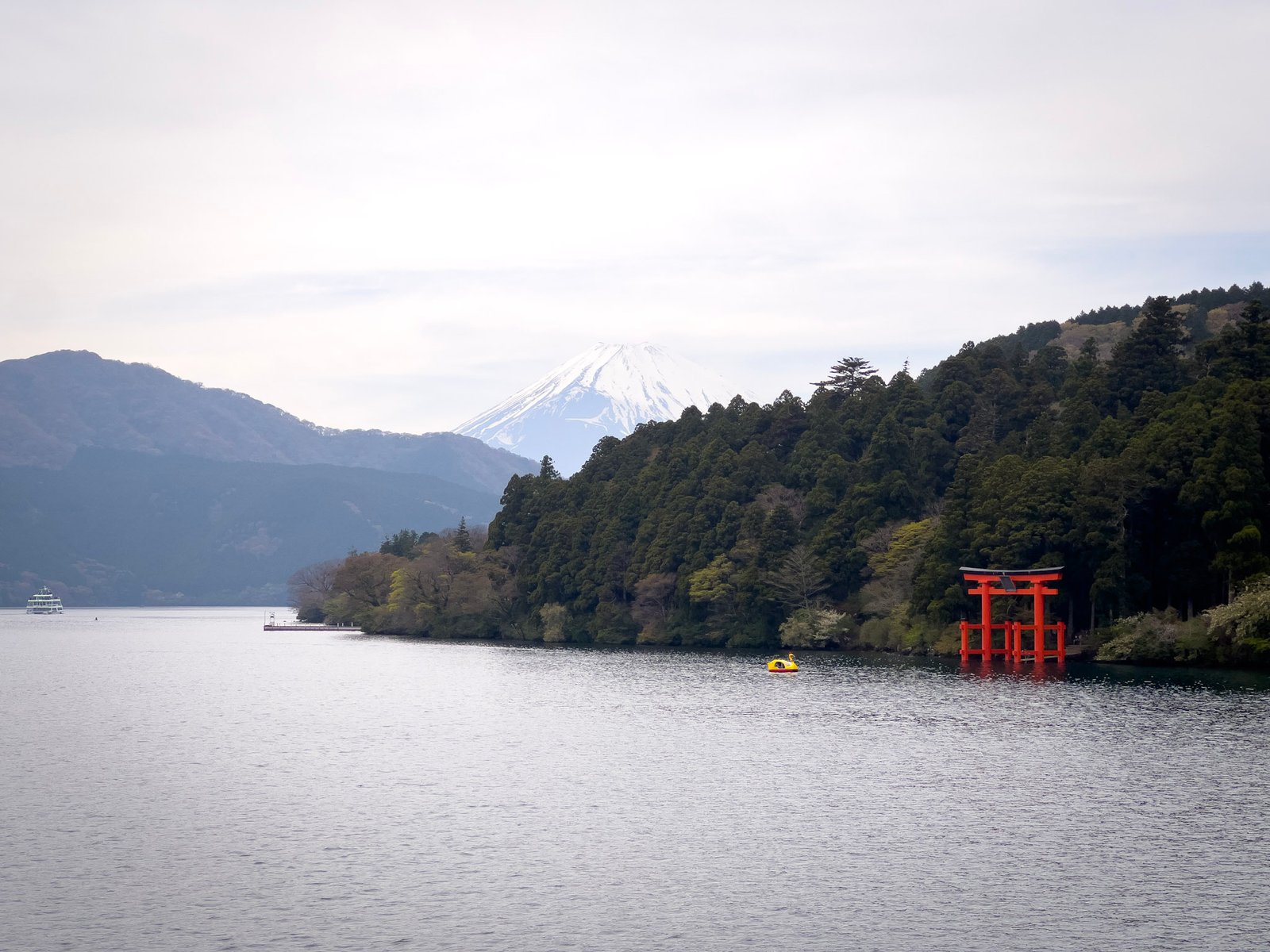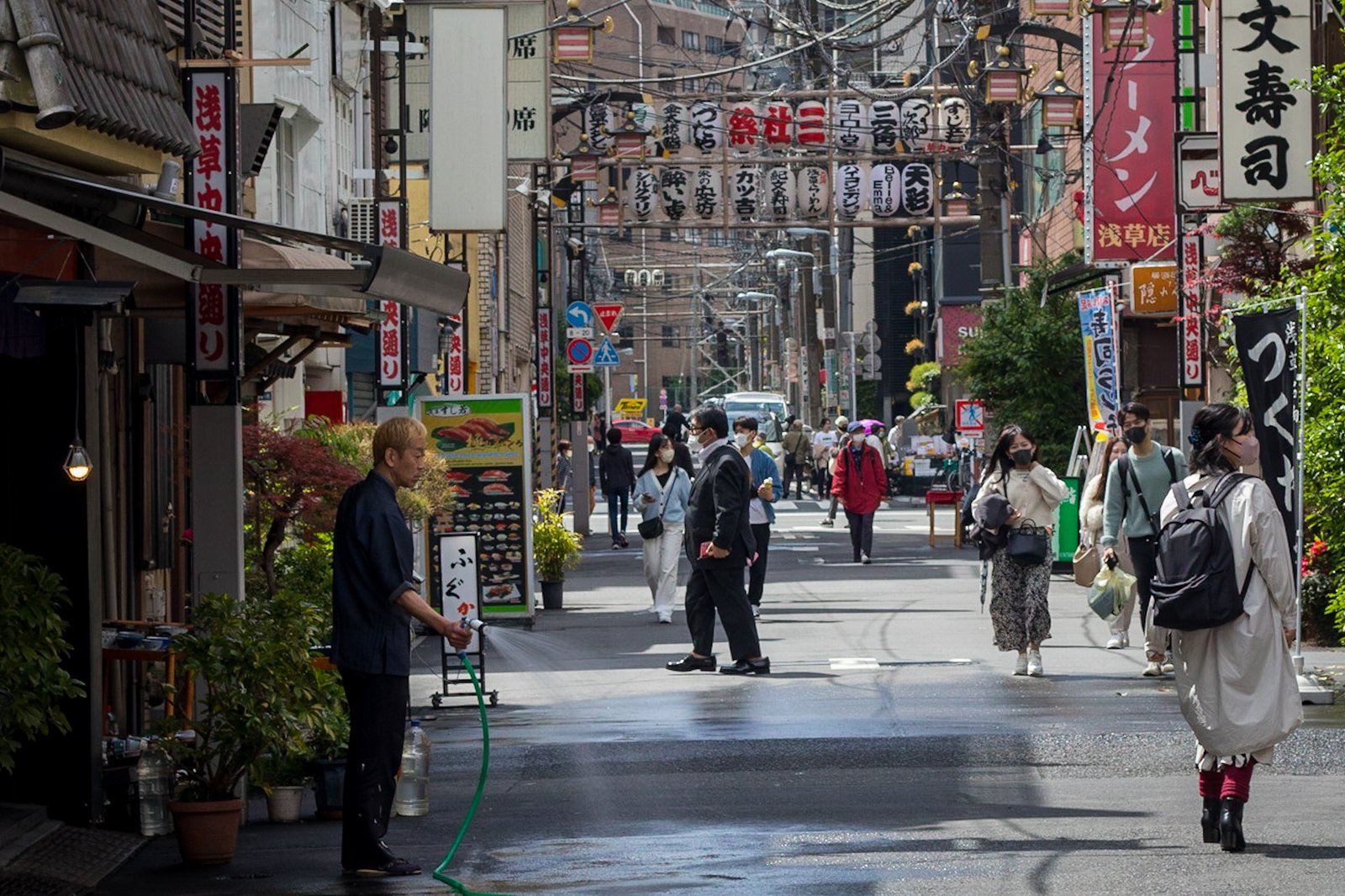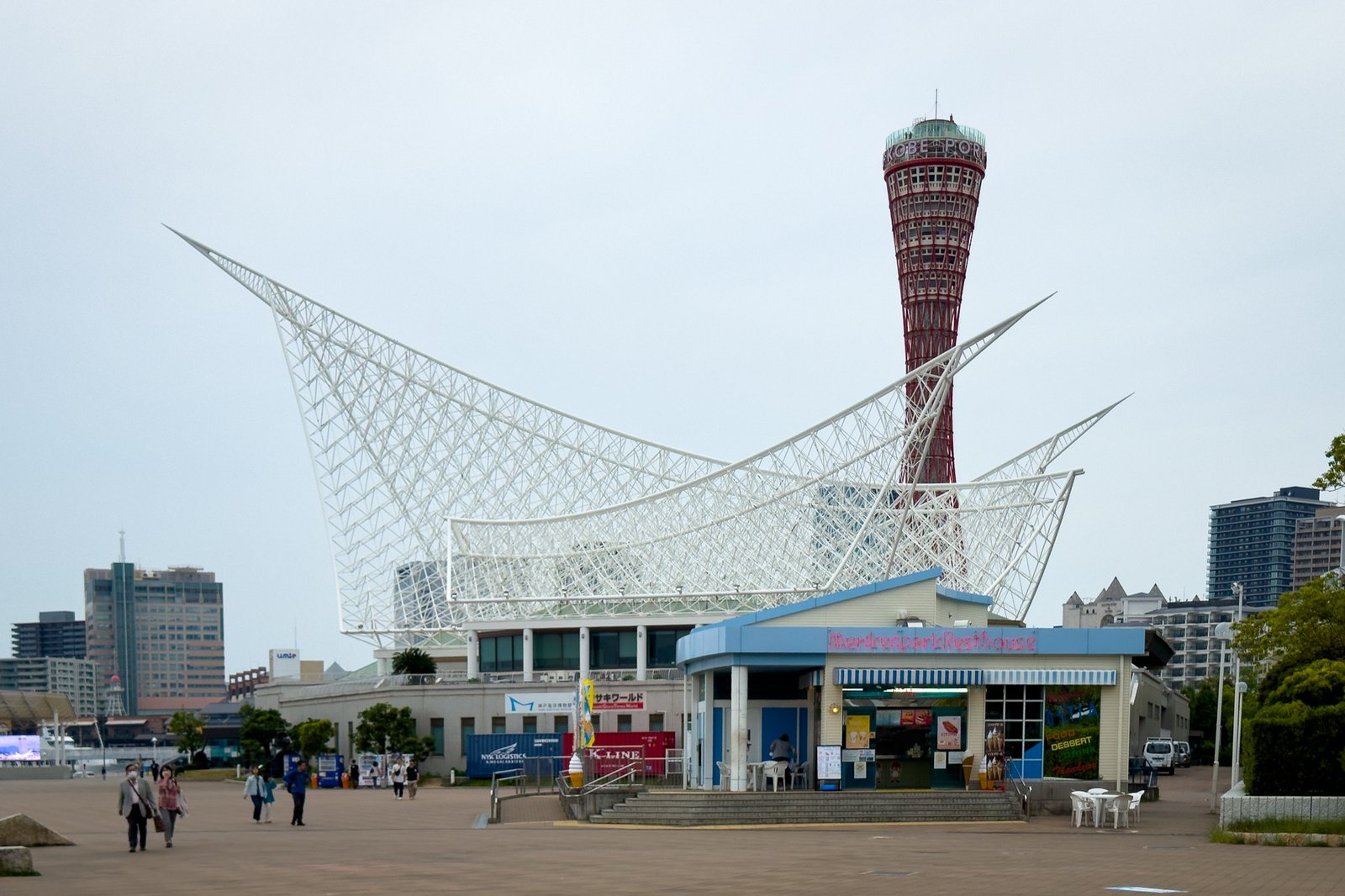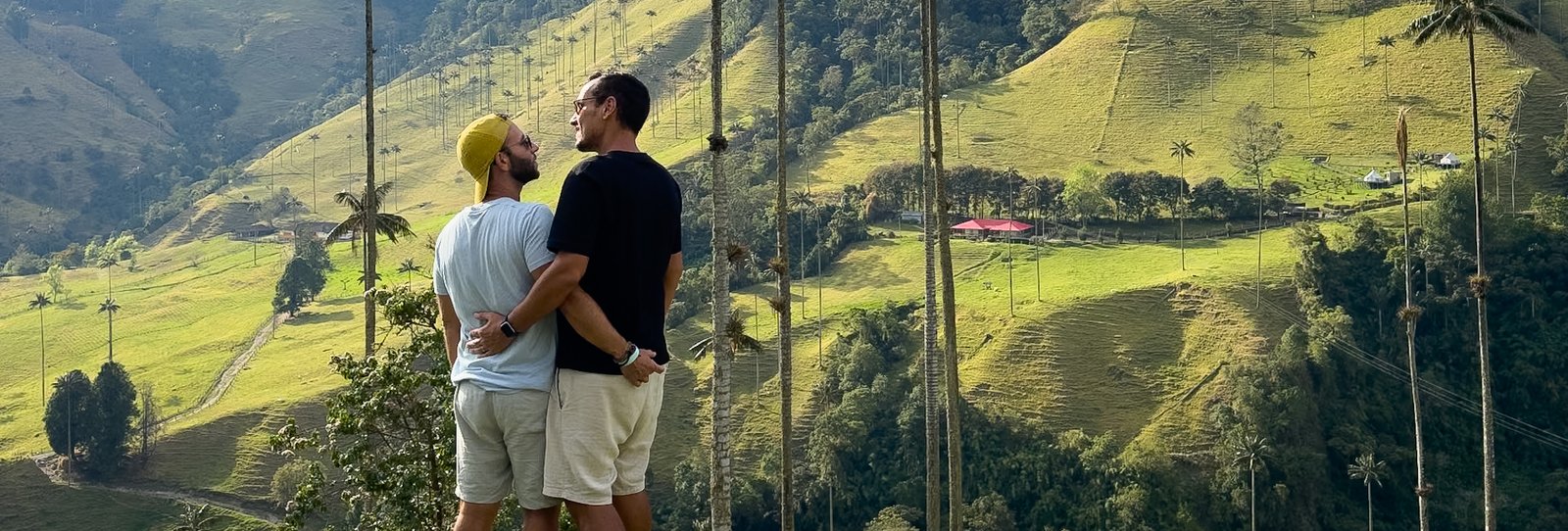Tokyo is a massive city, with over 14 million people just in the metropolitan area, and each neighborhood has its own unique personality. Deciding where to stay in Tokyo can seem overwhelming, but this guide was made to help you find the perfect place for you.
We’ve visited Tokyo on four different occasions, in different years and seasons, and we’ve experienced the vibe of neighborhoods as diverse as Arakawa, Nihonbashi, Ginza, and Akasaka. With every visit, our desire to explore new corners and uncover the city’s secrets only grew. That’s why we did in-depth research, tested various options, and came back here to offer you the best tips, based on real experiences.
In this guide, you’ll discover the best neighborhoods to stay in Tokyo, from vibrant city centers to traditional corners filled with history. Whether you’re looking for luxury, comfort, or a more budget-friendly option, we’ve got amazing suggestions for every budget.
If you’re looking for free things to do in Tokyo or unique experiences in Tokyo, check out our articles about our trips to the city.
Table of Contents
Map of the Best Areas to Stay in Tokyo
Quick Hotel Comparison Table in Tokyo
| Neighborhood | Recommended Hotel | Average Price | Near Subway | Category |
|---|---|---|---|---|
| Arakawa | Hotel Lungwood | €€ | Yes | 3 stars |
| Nihonbashi | Sotetsu Fresa Inn Nihombashi Kayabacho | € | Yes | 3 stars |
| Ginza | ibis Styles Tokyo Ginza | €€€ | Yes | 3 stars |
| Akasaka | Sotetsu Fresa Inn Tokyo Akasaka | €€ | Yes | 3 stars |
Shinjuku – The Best Area for First-Time Visitors

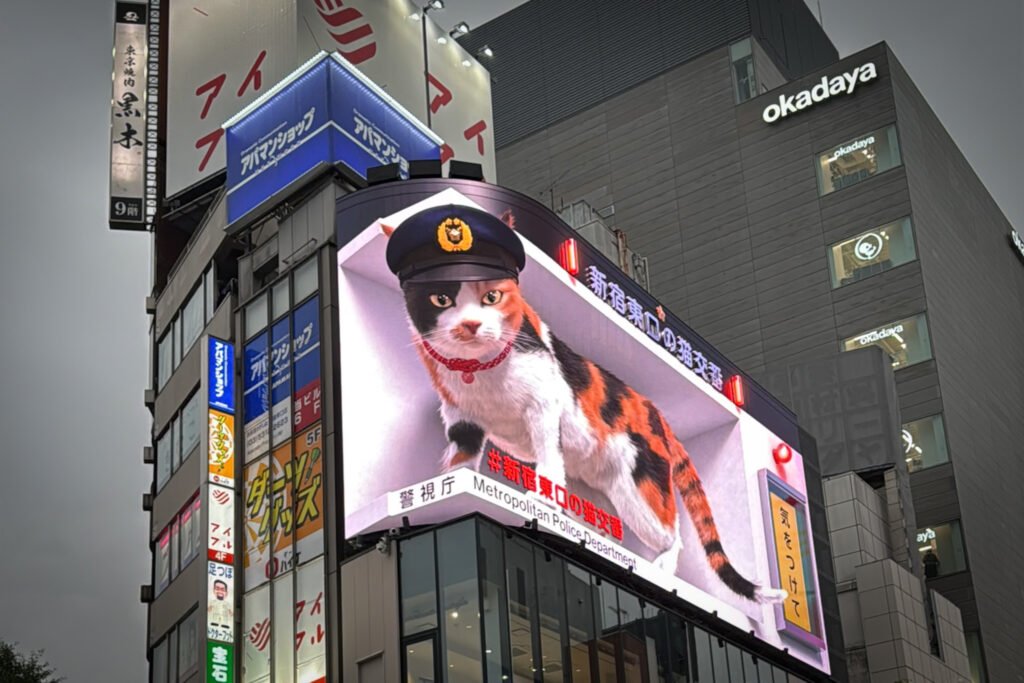
Shinjuku is the beating heart of Tokyo, known for its vibrant nightlife, massive shopping centers, and a train station that’s a major transportation hub. If it’s your first time in the city, this neighborhood offers a complete experience and is a great choice for where to stay in Tokyo.
- Main Attractions: Golden Gai, Omoide Yokocho, Shinjuku Gyoen Park.
- Pros: Central location, easy access to many public transport lines, plenty of entertainment and dining options.
- Cons: Can be noisy and crowded, especially at night; higher prices due to popularity.
Recommended Hotels in Shinjuku
- Budget: Hotel Rose Garden Shinjuku – Cozy small hotel in a great location, just a few minutes from Shinjuku Station with very friendly staff.
- Mid-range: THE KNOT TOKYO Shinjuku – Modern and relaxed style, nicely decorated rooms, and park views. Ideal for those who like personality in design.
- Luxury: Hotel Gracery Shinjuku – Famous for its Godzilla-themed room, this hotel offers modern comfort, central location, and cityscape views.
Asakusa – Best Neighborhood for Families


If you’re looking for a quieter and more cultural atmosphere, Asakusa is ideal for families wanting to immerse themselves in Japanese history without the hustle of more modern neighborhoods.
- Main Attractions: Senso-ji Temple, Nakamise Street, Sumida River boat rides.
- Pros: Traditional atmosphere, attractions suitable for all ages, pedestrian-friendly streets ideal for family walks.
- Cons: Fewer nightlife options; slightly farther from some central areas.
Recommended Hotels in Asakusa

APA Hotel Asakusa Ekimae

Richmond Hotel Premier Asakusa International

The Gate Hotel Asakusa Kaminarimon by Hulic
- Budget: APA Hotel Asakusa Ekimae – Affordable option with compact rooms and a strategic location near Senso-ji Temple.
- Mid-range: Richmond Hotel Premier Asakusa International – Modern comfort, helpful staff, and amazing Tokyo Skytree views from the upper floors.
- Luxury: The Gate Hotel Asakusa Kaminarimon by Hulic – Elegant design, rooftop terrace, and highly praised breakfast, right next to the Kaminarimon gate.
Roppongi – Nightlife in Tokyo
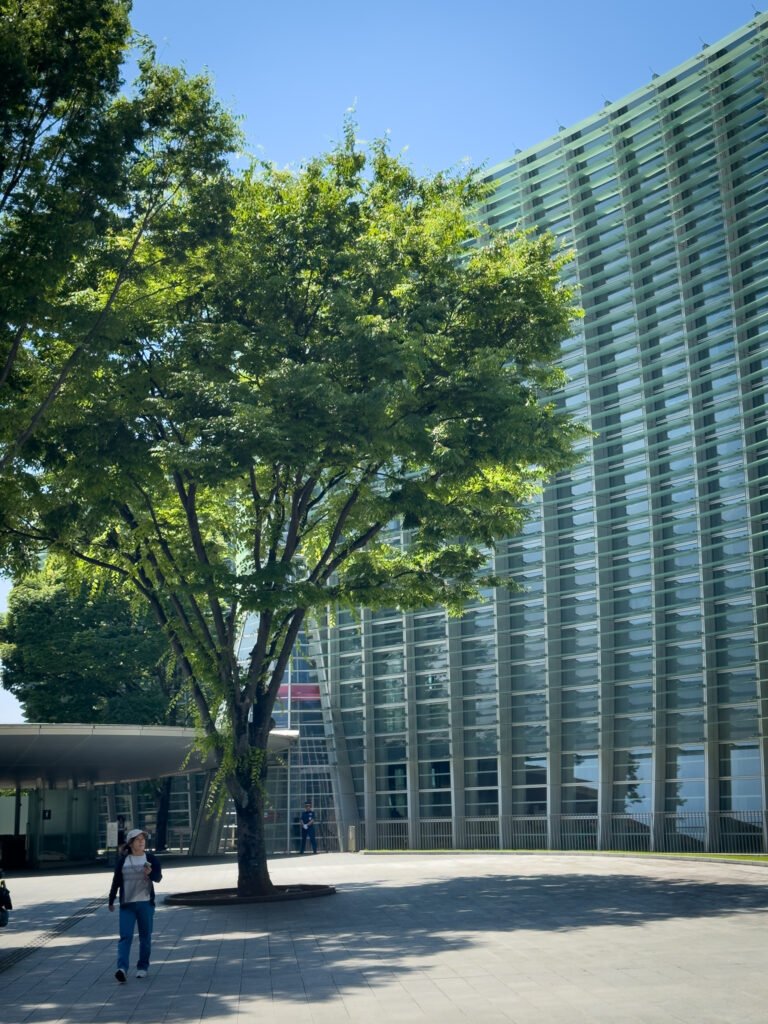
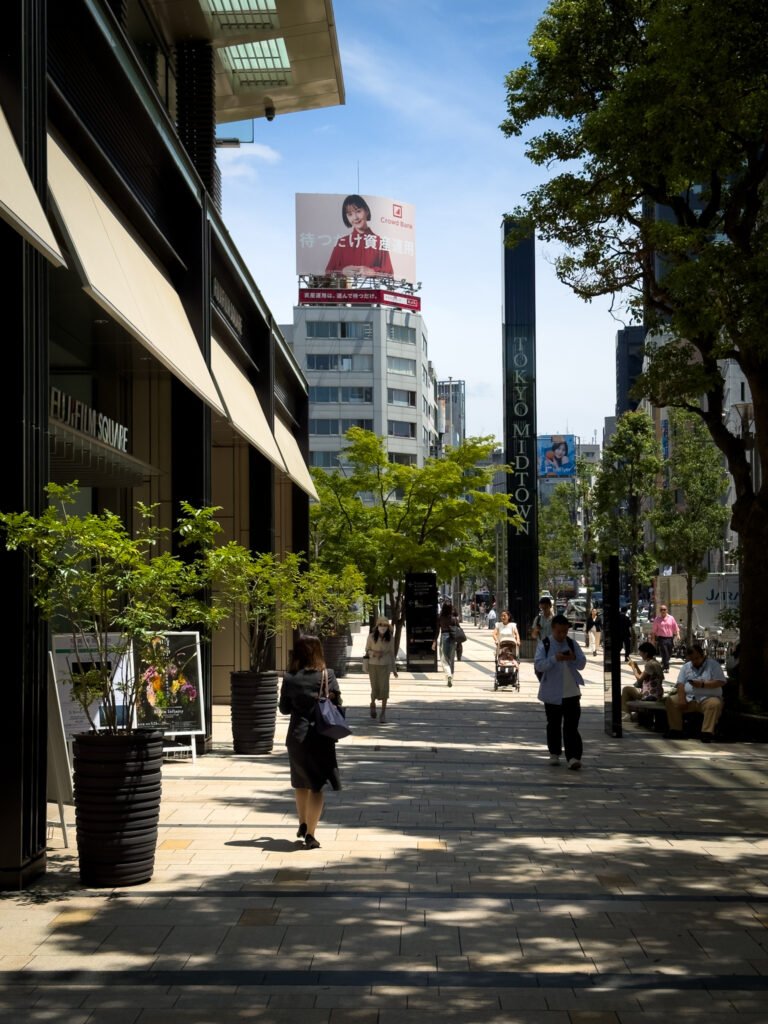
If you’re looking for nightlife, Roppongi is the right neighborhood to stay in Tokyo. With a cosmopolitan atmosphere, it attracts both locals and foreigners.
- Main Attractions: Roppongi Hills, Mori Art Museum, nightclubs.
- Pros: Lively nightlife, international vibe, presence of museums and art galleries.
- Cons: Can be expensive; busy areas at night may not be suitable for all travelers.
Recommended Hotels in Roppongi
- Budget: APA Hotel Roppongi Ekimae – Central location and convenient for exploring nightlife, ideal for short stays.
- Mid-range: remm Roppongi – Modern hotel with comfortable beds and excellent soundproofing, perfect to relax after a busy day.
- Luxury: Grand Hyatt Tokyo – One of the most sophisticated hotels in the city, with a spa, fine dining, and prime location in Roppongi Hills.
Nihonbashi – Tradition and Modernity
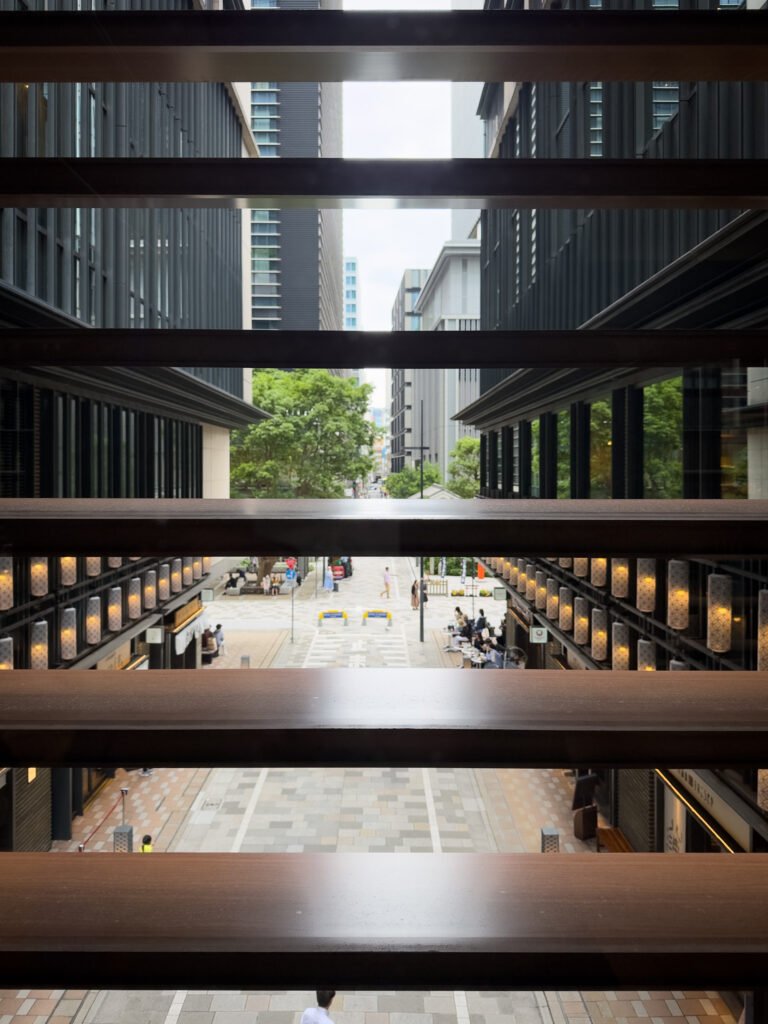
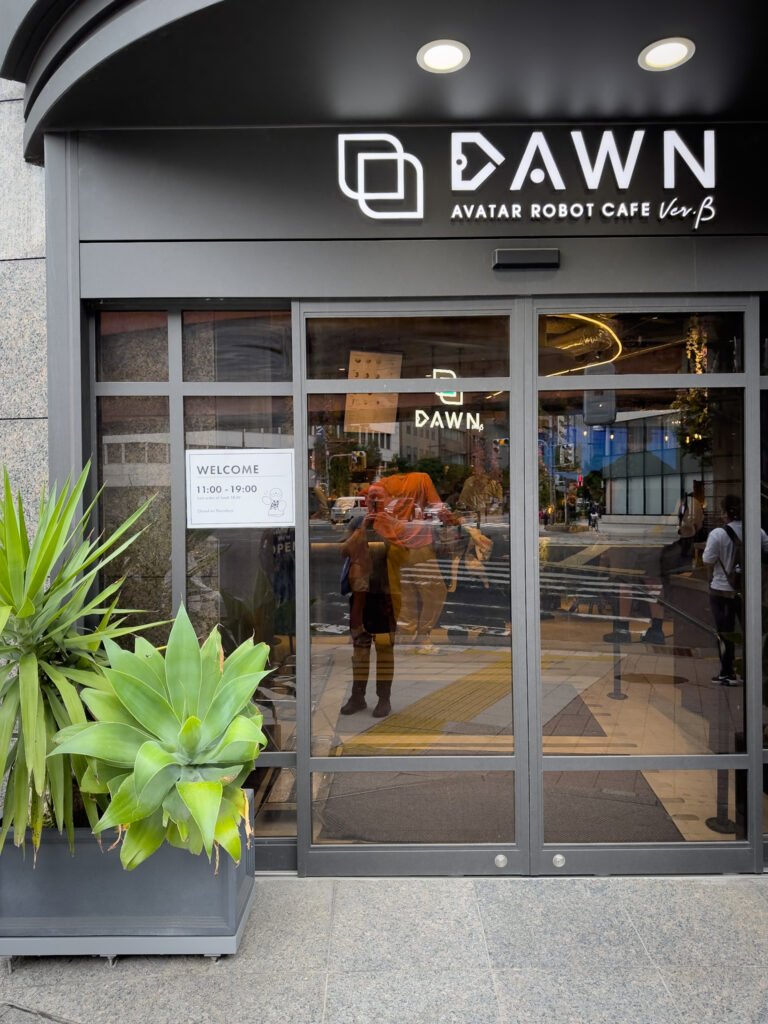
If you’re looking for tradition mixed with modernity, Nihonbashi is a perfect area to stay in Tokyo for a more local experience.
- Main Attractions: Nihonbashi Bridge, COREDO Muromachi, Nihonbashi Fish Market.
- Pros: Traditional vibe, close to the city center, less touristy.
- Cons: Fewer nightlife options compared to other neighborhoods.
Recommended Hotels in Nihonbashi
- Budget: Hotel Nihonbashi Saibo – Great location close to several subway lines, small but functional rooms.
- Mid-range: Hotel Kazusaya – Warm service and comfortable rooms in a quiet area of Nihonbashi.
- Luxury: Mandarin Oriental, Tokyo – Absolute luxury with stunning city views, top-notch spa, and award-winning cuisine.
Arakawa – Peace and Authenticity
If you’re looking for a peaceful place to stay in Tokyo away from the crowds, Arakawa offers nostalgic charm and a residential atmosphere.
- Main Attractions: Toden Arakawa Line, Yanaka Ginza Shopping Street.
- Pros: Calm and authentic vibe; great local food options.
- Cons: Less central with fewer nightlife options.
Recommended Hotels in Arakawa
- Budget: Guest House Wagokoro – Simple, cozy, and traditionally decorated in a quiet residential neighborhood.
- Mid-range: Almont Hotel Nippori – Modern hotel with great transport access and relaxing public baths.
- Luxury: ART HOTEL Nippori Lungwood – Spacious rooms, excellent location by the station, and quality service.
Ginza and Akasaka – Luxury in Tokyo
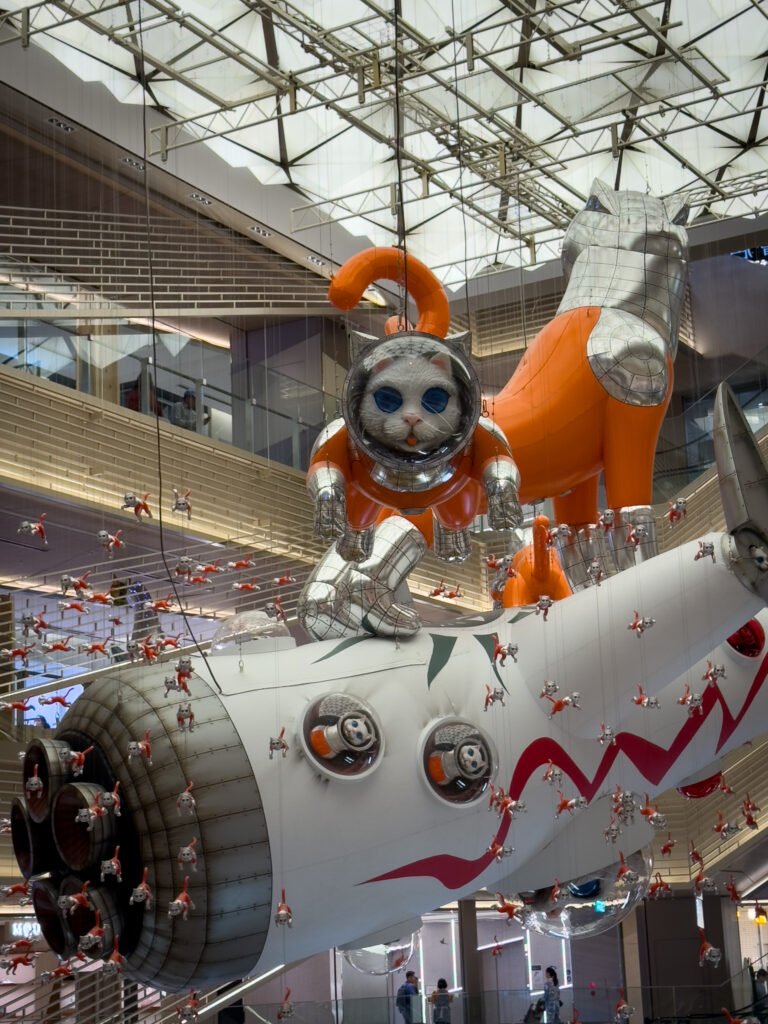
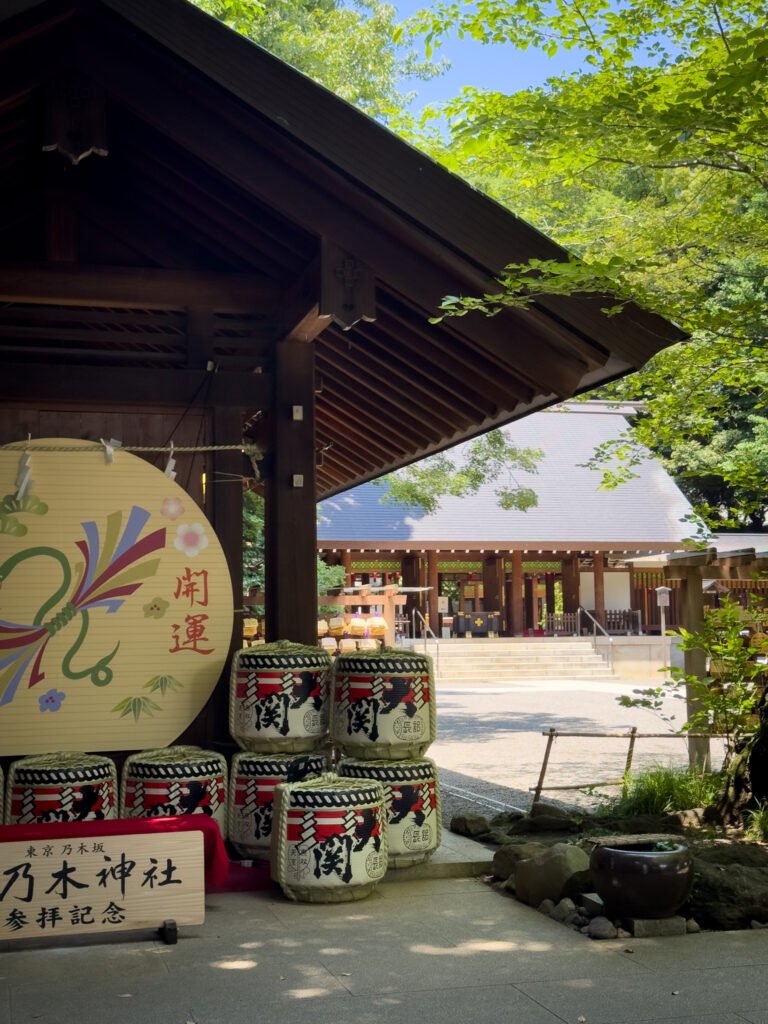
If you’re looking for sophistication and elegance, Ginza and Akasaka are two neighborhoods that offer top-tier accommodation, luxury shopping, and fine dining—making them some of the best areas to stay in Tokyo.
Recommended Hotels in Ginza

ibis Styles Tokyo Ginza
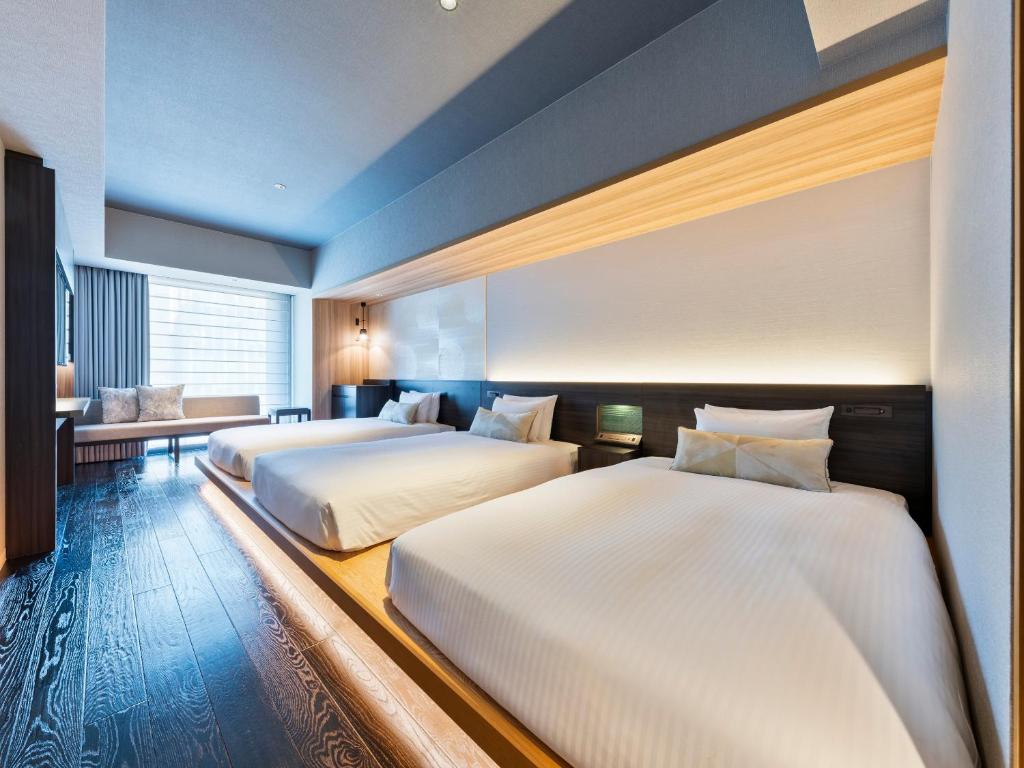
Mitsui Garden Hotel Ginza Gochome
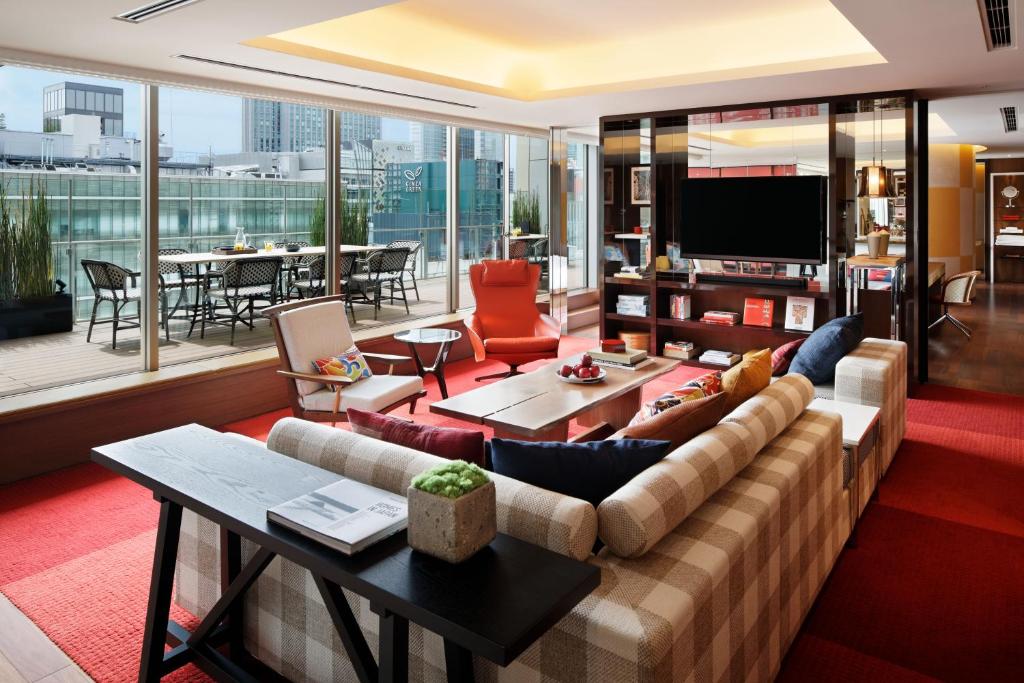
Hyatt Centric Ginza Tokyo
- Budget: ibis Styles Tokyo Ginza – Great location and excellent value for money.
- Mid-range: Mitsui Garden Hotel Ginza Gochome – Comfortable rooms and highly rated breakfast.
- Luxury: Hyatt Centric Ginza Tokyo – Sophistication, unbeatable location, and top-notch service.
Recommended Hotels in Akasaka
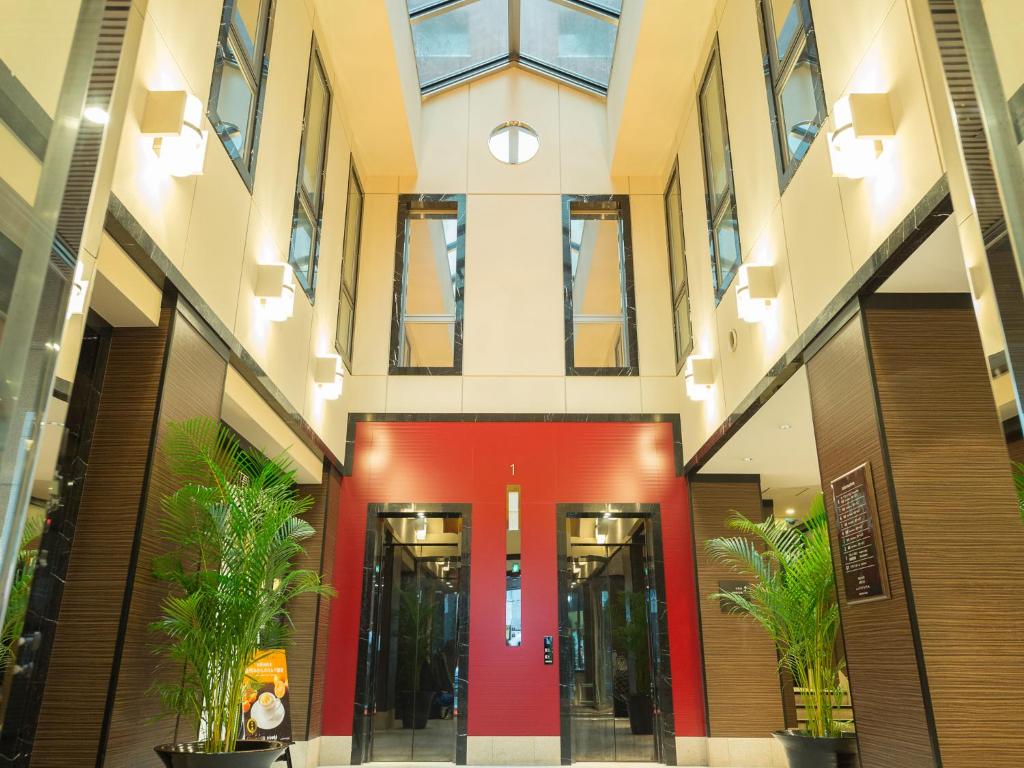
Sotetsu Fresa Inn Tokyo Akasaka
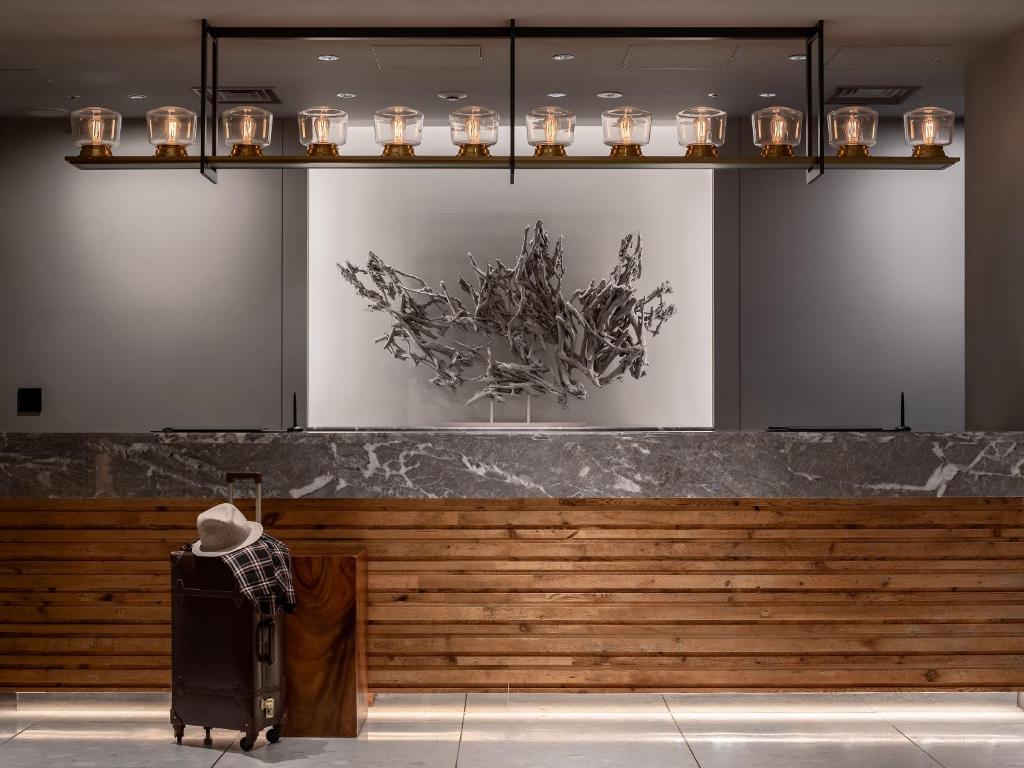
Mitsui Garden Hotel
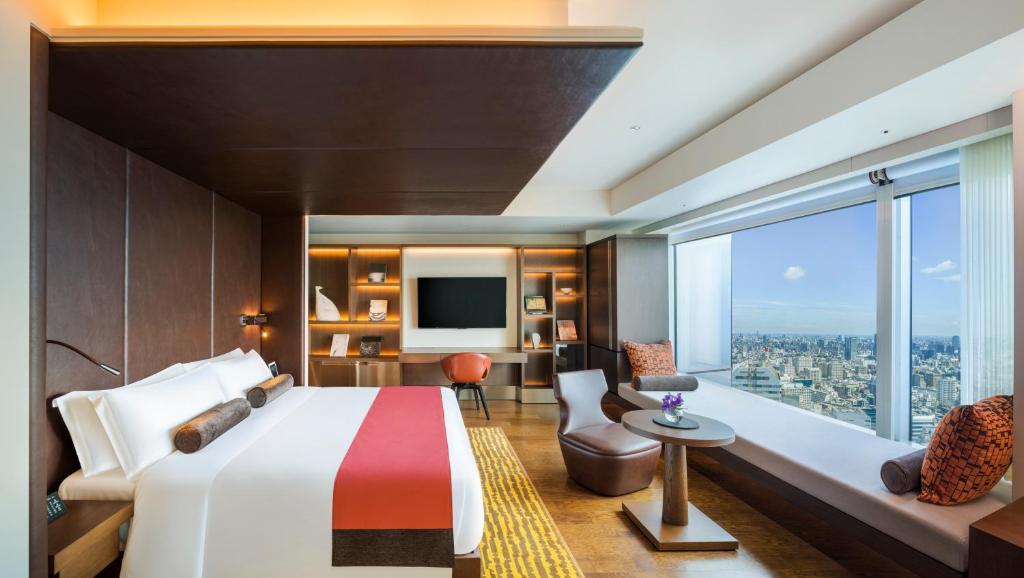
The Prince Gallery Tokyo Kioicho
- Budget: Sotetsu Fresa Inn Tokyo Akasaka – Modern, practical, and well connected to the metro.
- Mid-range: Mitsui Garden Hotel Nagatacho – Well-decorated rooms and a peaceful atmosphere.
- Luxury: The Prince Gallery Tokyo Kioicho – Panoramic views and five-star service.
FAQs: Frequently Asked Questions About Where to Stay in Tokyo
What is the best neighborhood to stay in Tokyo for a first visit?
Shinjuku is the best choice for first-time visitors to Tokyo. It’s central, well connected by transport, and offers a huge variety of attractions, shops, restaurants, and nightlife.
Where to stay in Tokyo with kids?
Asakusa is one of the most recommended neighborhoods for families. It has a traditional atmosphere, cultural attractions, safe pedestrian streets, and quiet hotels suitable for traveling with children.
What is the quietest neighborhood to stay in Tokyo?
Arakawa is perfect for those looking for tranquility and authenticity. It’s a more residential and less touristy area, ideal for resting after exploring the city.
What is the best neighborhood in Tokyo for nightlife?
Roppongi is known for its lively nightlife, with many bars, clubs, and restaurants open late. It attracts both locals and foreigners.
Is it better to stay near the JR Yamanote Line in Tokyo?
Yes! Staying near a JR Yamanote Line station makes getting around Tokyo much easier. This line loops around the city and passes through the main neighborhoods and attractions.
Essential Tips for Booking Accommodation in Tokyo
- Book in advance to secure the best prices and locations for where to stay in Tokyo.
- Look for deals on Booking.
- Prioritize proximity to the metro or the JR Yamanote Line.
- Don’t mind the room size: in Tokyo, the focus is on exploring the city!


